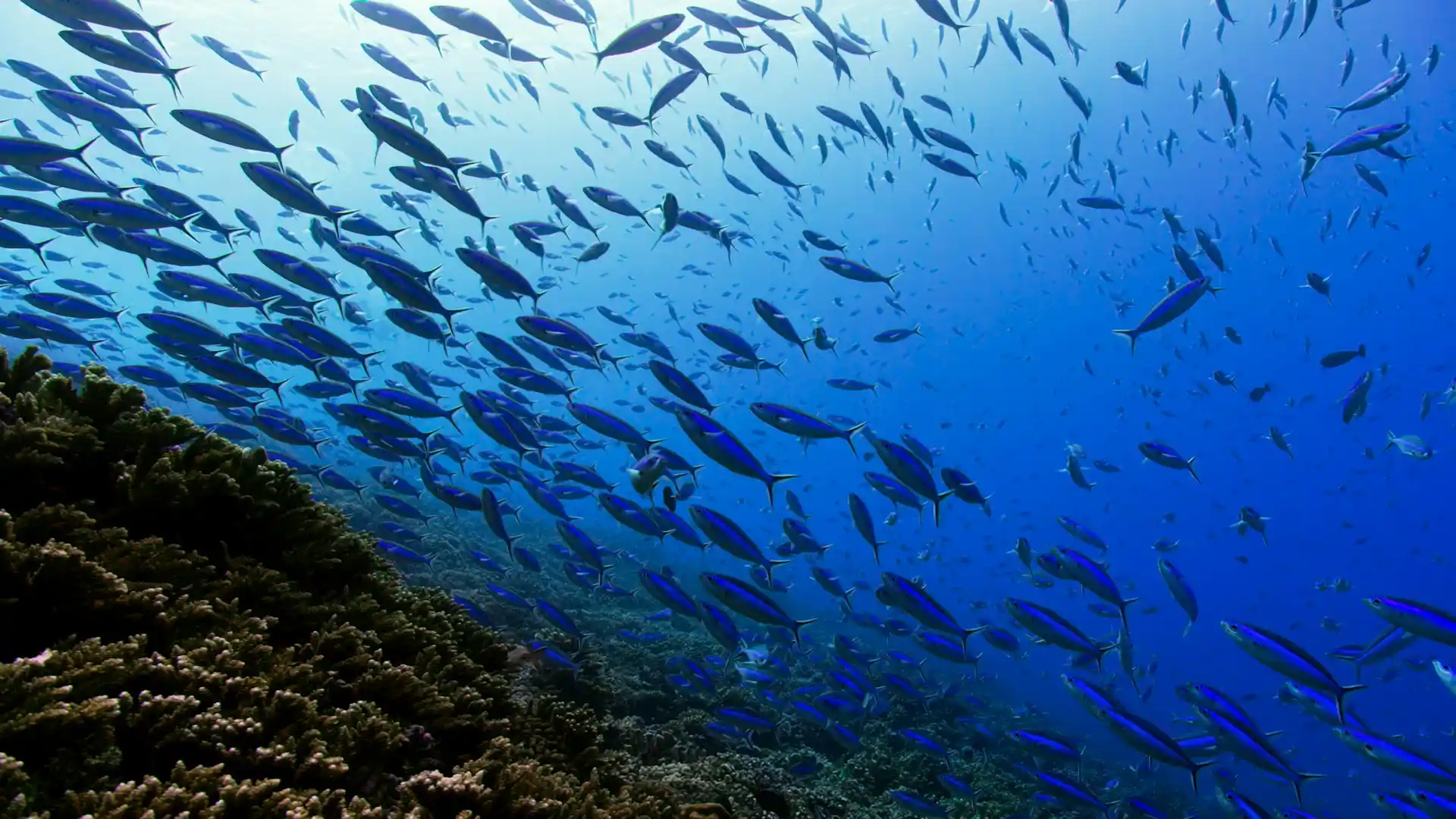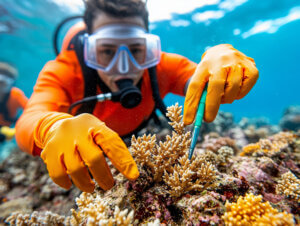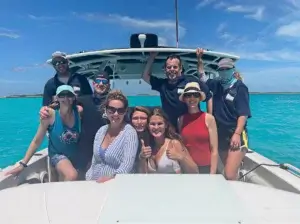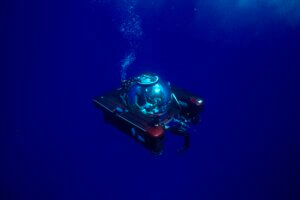What is the Ocean Research and Conservation Association?
When we think about ocean conservation, most of us picture cleaning beaches or protecting endangered marine animals. But there’s a lot more that goes into preserving our oceans than meets the eye. That’s where the Ocean Research and Conservation Association (ORCA) comes in a science-driven organization committed to using innovative research to safeguard our marine ecosystems.
So, what is the Ocean Research and Conservation Association, and why should it matter to you? Let’s dive deep into the origins, mission, impact, and ongoing efforts of this important organization.
The Birth of ORCA: A Vision for Cleaner Oceans
The Ocean Research and Conservation Association, or ORCA, was founded in 2005 by renowned marine biologist Dr. Edith Widder. She had one goal in mind: to merge advanced scientific research with grassroots environmental protection. Dr. Widder believed that understanding marine environments on a data-driven level was the key to sustainable conservation.
Unlike many other organizations that focus solely on advocacy or public awareness, ORCA puts science at the heart of every action. It works by measuring pollution, assessing damage to ecosystems, and using the data to guide restoration efforts.
ORCA’s Mission: Science-Based Conservation
The mission of ORCA is simple but powerful:
“To protect and restore aquatic ecosystems and the species they sustain through the development of innovative technologies and science-based conservation action.”
This means ORCA isn’t just talking about pollution they’re tracking it. They’re not just advocating for marine life they’re researching the threats these creatures face and crafting real solutions.
In other words, ORCA uses science as a weapon against pollution and environmental degradation.
Why ORCA Is Different: A Data-Driven Approach
Many marine conservation organizations rely heavily on public campaigns, fundraising, and volunteer work. While those efforts are vital, they often lack the scientific rigor needed to identify the root causes of oceanic harm. That’s where ORCA stands apart.
1. Pollution Mapping Technology
One of ORCA’s major contributions is its groundbreaking Pollution Mapping technology. Using devices known as Kilroy sensors, the organization tracks water quality in real time. These sensors measure critical data such as:
-
Dissolved oxygen levels
-
Water temperature
-
Nutrient concentrations
-
Salinity
-
Turbidity
By deploying Kilroys in estuaries and coastal waters, ORCA can pinpoint pollution hotspots with impressive accuracy. This allows local governments and communities to take action where it’s most needed.
2. Citizen Science Involvement
Another innovative feature of ORCA’s strategy is its inclusion of local citizens in their scientific mission. Programs like Citizen Science allow everyday people to become actively involved in environmental monitoring. With training and guidance, volunteers collect water samples, identify pollution sources, and report findings.
This collaborative approach helps extend ORCA’s reach while educating communities on environmental stewardship.
Where ORCA Works: Florida and Beyond
Though based in Florida, ORCA’s impact resonates far beyond state lines. Much of the organization’s work is concentrated in Indian River Lagoon one of North America’s most biologically diverse estuaries. This region has been severely impacted by agricultural runoff, urban pollution, and harmful algal blooms.
By focusing efforts here, ORCA is tackling one of the most urgent ecological crises in the country. However, the technologies and strategies developed by ORCA are scalable and adaptable to waters across the globe.
Key Initiatives and Programs
To better understand what the Ocean Research and Conservation Association does, let’s take a closer look at its key initiatives:
1. Kilroy Water Monitoring Network
Kilroy devices represent ORCA’s most well-known innovation. These floating water monitoring stations are deployed in strategic locations and provide real-time data on water quality. This helps identify changes that could signal pollution, habitat loss, or ecological threats.
2. Living Lagoon Program
The Living Lagoon initiative is designed to restore vital ecosystems in Florida’s Indian River Lagoon. It involves habitat restoration, including the planting of seagrasses and mangroves, and the introduction of oyster beds to improve water quality naturally.
3. Citizen Science Labs
ORCA’s Citizen Science Labs give community members a chance to become scientists. Participants are trained to test water samples, identify pollutants, and understand the science behind the degradation of their environment.
4. One Health Fish Monitoring Program
This unique program investigates the connection between fish health and human health. By analyzing fish tissues for contaminants, ORCA can determine if pollution is affecting both marine life and the people who depend on it for food.
ORCA’s Impact on Policy and Public Awareness
It’s not just about collecting data it’s about using that data to influence change.
ORCA’s findings have led to meaningful policy adjustments in Florida, including better stormwater management and agricultural practices. Their work has also informed EPA and state environmental assessments, further bridging the gap between science and regulation.
The organization frequently partners with schools, environmental boards, and municipal governments to bring its research into classrooms and council chambers alike.
Challenges Facing ORCA and Marine Conservation
While ORCA’s work is groundbreaking, it’s not without challenges. These include:
-
Limited funding for research and expansion
-
Climate change accelerating ecosystem collapse
-
Political resistance to environmental regulations
-
Lack of public understanding about the role of science in conservation
However, ORCA continues to grow, adapting to new challenges by developing advanced tools and expanding public involvement through outreach and education.
How You Can Support ORCA
Now that you understand what the Ocean Research and Conservation Association is and why it matters, you might be wondering how to help.
Here are some ways to support ORCA’s mission:
1. Donate
As a nonprofit organization, ORCA relies heavily on donations to fund its research and technology development. Every dollar helps deploy monitoring tools and expand outreach efforts.
2. Volunteer
ORCA’s Citizen Science programs are always looking for new participants. Whether you live near Florida or want to help remotely, your time and effort can make a difference.
3. Spread Awareness
Sharing ORCA’s work on social media or discussing ocean issues with friends and family can help raise awareness and promote scientific solutions to environmental challenges.
4. Adopt a Kilroy
Some ORCA campaigns allow you to sponsor a Kilroy sensor to be deployed in a polluted waterway. It’s a great way to contribute directly to scientific research.
The Future of ORCA: Scaling Science for Global Impact
The long-term vision for the Ocean Research and Conservation Association is to take its scientific models to a global level. By making pollution monitoring more accessible and community-driven, ORCA hopes to create a worldwide network of informed citizens and data-backed conservation strategies.
With continued support and innovation, ORCA is poised to become a global leader in ocean protection one data point at a time.
So, what is the Ocean Research and Conservation Association? It’s more than just a conservation group it’s a research powerhouse that blends environmental science, public engagement, and technology to heal our oceans.
At a time when climate change and pollution threaten our planet’s future, organizations like ORCA offer hope grounded in science, action, and community. Whether you’re a student, scientist, or simply a concerned citizen, you have a role to play in this mission.
By understanding and supporting ORCA’s efforts, you’re not just protecting marine life you’re helping to preserve the future of our planet’s most vital resource.
FAQs
What is the Ocean Research and Conservation Association’s main goal?
ORCA’s main goal is to protect and restore aquatic ecosystems using innovative scientific tools, real-time data, and community engagement.
Where is ORCA located and where does it operate?
ORCA is headquartered in Fort Pierce, Florida, and mainly operates in the Indian River Lagoon, although its technology is applicable worldwide.
How can I volunteer with the Ocean Research and Conservation Association?
The mission is to advance ocean science and conservation through exploration, research, and cinematic storytelling. OceanXplorer combines cutting-edge scientific tools with media production to engage and educate the public.
Is ORCA a nonprofit organization?
Yes, ORCA is a 501(c)(3) nonprofit organization that relies on donations, grants, and community support to carry out its research and conservation projects.
What makes ORCA different from other ocean conservation groups?
ORCA is unique because it prioritizes science-based approaches, real-time pollution tracking, and community-powered research instead of relying solely on advocacy or awareness campaigns.




